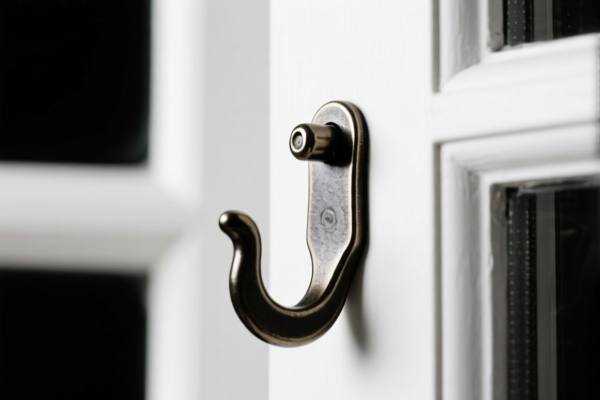| HS Code | Official Doc | Tariff Rate | Origin | Destination | Effective Date |
|---|---|---|---|---|---|
| 4821902000 | Doc | 55.0% | CN | US | 2025-05-12 |
| 4908900000 | Doc | 37.5% | CN | US | 2025-05-12 |




Okay, here's a breakdown of the HS codes and tax implications for your declared "WINDOW STICKER" items, presented in a structured and easy-to-understand format. I'll also provide some important considerations for customs clearance.
Overall Summary: You have two distinct HS code classifications for your window stickers, which means different tax rates and potential requirements apply to each.
1. HS Code: 4821.90.20.00 – Paper and paperboard labels of all kinds, whether or not printed: Other: Self-adhesive
-
Breakdown of HS Code:
- 48: Paper and paperboard; articles of paper pulp, paper or paperboard. This chapter covers products made from paper.
- 4821: Labels of all kinds, whether or not printed. Specifically focuses on labels.
- 4821.90: Other labels (this is a subcategory within labels).
- 4821.90.20.00: Self-adhesive labels. This is the most specific classification for your product.
-
Tax Implications:
- Basic Duty: 0.0% (No basic import tariff)
- Additional Tariff (Currently): 25.0%
- Additional Tariff (After April 2, 2025): 30.0%
- Total Tax (Currently): 55.0% (This likely includes VAT and other potential taxes depending on the importing country's regulations. The 55% figure suggests a significant VAT rate.)
-
Important Considerations:
- Material Composition: Confirm the exact material of the paper/paperboard. While classified as paper, any significant plastic content could shift the classification.
- Adhesive Type: The adhesive is key to this classification. Ensure it's genuinely self-adhesive.
- Printing Details: If the labels are printed, be prepared to provide details about the printing process.
- Single Price: The single price of the product is important for tax calculation.
2. HS Code: 4908.90.00.00 – Transfers (decalcomanias): Other
-
Breakdown of HS Code:
- 49: Printed books, newspapers, pictures and other products of the printing industry; manuscripts, typescripts and plans. This chapter covers printed materials.
- 4908: Printed transfers (decalcomanias). This specifically refers to transfers, often used for applying designs to surfaces.
- 4908.90: Other transfers.
- 4908.90.00.00: This is the most specific classification for your product.
-
Tax Implications:
- Basic Duty: 0.0% (No basic import tariff)
- Additional Tariff (Currently): 7.5%
- Additional Tariff (After April 2, 2025): 30.0%
- Total Tax (Currently): 37.5% (Similar to the previous HS code, this likely includes VAT and other potential taxes.)
-
Important Considerations:
- Application Method: Transfers are typically applied with pressure or heat. Confirm this is how your product is used.
- Backing Material: The type of backing material the transfer uses is important.
- Printing Details: Be prepared to provide details about the printing process.
- Single Price: The single price of the product is important for tax calculation.
General Recommendations & Next Steps:
- Verify HS Code Accuracy: While these HS codes seem appropriate based on your descriptions, it's crucial to double-check with a customs broker or the importing country's customs authority. Incorrect classification can lead to delays, penalties, and unexpected costs.
- Documentation: Gather all relevant documentation, including:
- Commercial Invoice
- Packing List
- Bill of Lading/Air Waybill
- Certificates of Origin (if applicable)
- Any relevant test reports or certifications (depending on the importing country's regulations – see below)
- Import Regulations: Research the specific import regulations of the destination country. Some countries may have specific requirements for labeling, packaging, or materials used in window stickers.
- Certifications: Depending on the destination country, you may need certifications related to:
- Material Safety: Especially if the stickers are used on children's products or in contact with food.
- Flammability: If the stickers are made of flammable materials.
- Environmental Standards: Some countries have restrictions on certain chemicals used in printing or adhesives.
Disclaimer: I am an AI and cannot provide definitive legal or customs advice. This information is for general guidance only. Always consult with a qualified customs broker or the importing country's customs authority for accurate and up-to-date information.
Customer Reviews
No reviews yet.